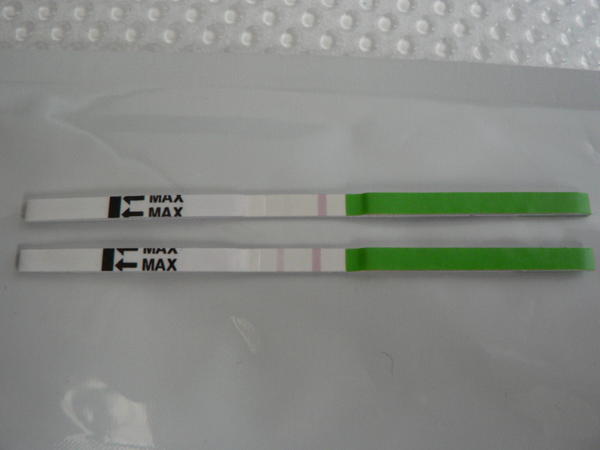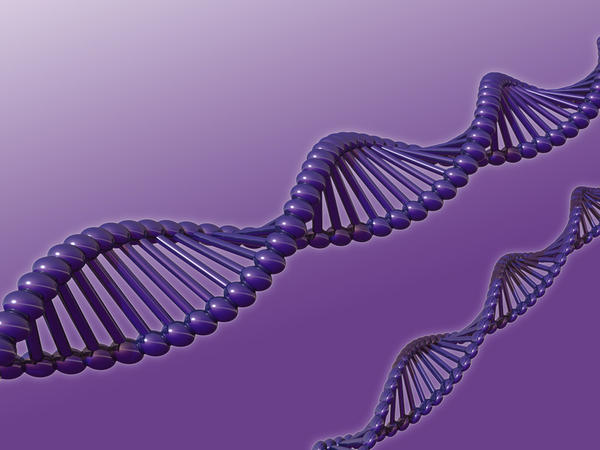Iron deficiency in the body results in anemia. Iron deficiency or anemia is common in women mainly due to their monthly cycle. When planning to conceive, iron levels should be checked to prevent future complications. Iron levels are determined by different tests. Iron levels should be normalised before conceiving. This can be achieved by a healthy diet. Read on to know how to prevent anemia.In simple terms anemia refers to iron deficiency in the body. When you decide to become pregnant, it is important that you ensure that your body has enough iron as the fetus will require a good amount of iron for its development. Even if the mother does not have adequate amount of iron, the fetus will ensure that its requirement is fulfilled, thereby depleting the mother of her iron reserves. The mother is therefore required to provide this essential nutrient and also maintain her health. In this articleIron is ImportantHow Does Anemia Affect Pregnancy?How is Anemia Diagnosed?Tips for Gaining Healthy Iron LevelsIron is Important It has been studied that the fetus begins to draw on the mother’s reserves by the time it is twenty weeks old. Thus in case of iron deficiency, the baby will also become anemic and its growth process will be hindered. It is very essential that the iron level of the mother-to-be is checked under the following conditions: If you are planning a pregnancy in quick successionIf you are undergoing multiple pregnanciesThe iron content of your diet is low and the regular vitamin intake is also lowIf you suffer from any disorder that hinders the absorption of essential mineralsIf you are prone to having a heavy menstrual flowIf you are on anticonvulsant drugsIf you have a habit of smoking or excessive alcohol consumption In the above conditions, it is well possible that the woman ends up having 18-27 grams of iron deficiency on each day of her pregnancy calendar. The situation gets further complicated if the woman fails to intake enough quantities of Vitamin B12 and folic acid. These general requirements becomes more essential if there is a regular blood loss or the woman happens to suffer from a disease like sickle cell which in turn leads to anemia after the woman conceives. How Does Anemia Affect Pregnancy? Iron deficiency can lead to a wide array of complications during the pregnancy trimesters. Apart from affecting the development of the fetus, it can – Result in a preterm labourThe post partum hemorrhage can be acute and even fatalThe anemic condition can worsen post deliveryThe baby can be born with a low birth weightThe baby will be extremely susceptible to various infections right after delivery due to lack of immunityThe fetus will have a retarded growth right in the mother’s womb How is Anemia Diagnosed? First of all it is important that you ensure your iron content in your regular diet is adequate. Especially when you are planning a conception it is doubly essential that you keep a good note of your iron levels. Clinically, anemia is tested by the following methods: The blood count or the hemoglobin levels are checked. This also includes the RBC or red blood cell count and hematocrit.The serum folate levelsSerum ferritin levelsSerum iron levelsPeripheral blood smears Tips for Gaining Healthy Iron Levels There are simple ways in which you can ensure that the iron levels are healthy. Before planning pregnancy and more so after you are confirmed that you are suffering from iron deficiency, you simply just need to take note of your regular diet. Often this need to be accompanied with some simple medications and you are sorted out. Ensure that your diet contains the following: Red lean meatEggsLiverLots of green leafy vegetables; spinach is very rich in iron, broccoli is another healthy optionDry fruits like apricot, prune and raisinTofu and dried beansVaried cereals along with pasta and bread By making sure that the above items are included in your diet, you can gain health iron levels for overcoming anemia. However, you should also consult your doctor and find out if you are following a healthy diet plan for overcoming iron deficiency.
Iron deficiency in the body results in anemia. Iron deficiency or anemia is common in women mainly due to their monthly cycle. When planning to conceive, iron levels should be checked to prevent future complications. Iron levels are determined by different tests. Iron levels should be normalised before conceiving. This can be achieved by a healthy diet. Read on to know how to prevent anemia.In simple terms
anemia refers to iron deficiency in the body. When you decide to become pregnant, it is important that you ensure that your body has enough iron as the fetus will require a good amount of iron for its development. Even if the mother does not have adequate amount of iron, the fetus will ensure that its requirement is fulfilled, thereby depleting the mother of her iron reserves. The mother is therefore required to provide this essential nutrient and also maintain her health.
Iron is Important
It has been studied that the fetus begins to draw on the mother’s reserves by the time it is twenty weeks old. Thus in case of iron deficiency, the baby will also become anemic and its growth process will be hindered. It is very essential that the iron level of the mother-to-be is checked under the following conditions:
- If you are planning a pregnancy in quick succession
- If you are undergoing multiple pregnancies
- The iron content of your diet is low and the regular vitamin intake is also low
- If you suffer from any disorder that hinders the absorption of essential minerals
- If you are prone to having a heavy menstrual flow
- If you are on anticonvulsant drugs
- If you have a habit of smoking or excessive alcohol consumption
In the above conditions, it is well possible that the woman ends up having 18-27 grams of iron deficiency on each day of her pregnancy calendar. The situation gets further complicated if the woman fails to intake enough quantities of Vitamin B12 and folic acid. These general requirements becomes more essential if there is a regular blood loss or the woman happens to suffer from a disease like sickle cell which in turn leads to anemia after the woman conceives.
How Does Anemia Affect Pregnancy?
Iron deficiency can lead to a wide array of complications during the pregnancy trimesters. Apart from affecting the development of the fetus, it can –
- Result in a preterm labour
- The post partum hemorrhage can be acute and even fatal
- The anemic condition can worsen post delivery
- The baby can be born with a low birth weight
- The baby will be extremely susceptible to various infections right after delivery due to lack of immunity
- The fetus will have a retarded growth right in the mother’s womb
How is Anemia Diagnosed?
First of all it is important that you ensure your iron content in your regular diet is adequate. Especially when you are planning a conception it is doubly essential that you keep a good note of your iron levels. Clinically, anemia is tested by the following methods:
- The blood count or the hemoglobin levels are checked. This also includes the RBC or red blood cell count and hematocrit.
- The serum folate levels
- Serum ferritin levels
- Serum iron levels
- Peripheral blood smears
Tips for Gaining Healthy Iron Levels
There are simple ways in which you can ensure that the iron levels are healthy.
Before planning pregnancy and more so after you are confirmed that you are suffering from iron deficiency, you simply just need to take note of your regular diet. Often this need to be accompanied with some simple medications and you are sorted out. Ensure that your diet contains the following:
- Red lean meat
- Eggs
- Liver
- Lots of green leafy vegetables; spinach is very rich in iron, broccoli is another healthy option
- Dry fruits like apricot, prune and raisin
- Tofu and dried beans
- Varied cereals along with pasta and bread
By making sure that the above items are included in your diet, you can gain health iron levels for overcoming anemia. However, you should also consult your doctor and find out if you are following a healthy diet plan for overcoming iron deficiency.































